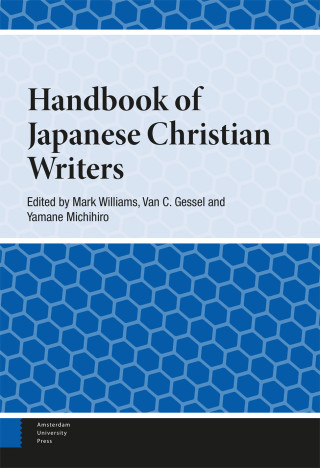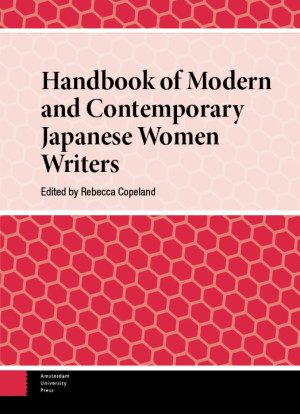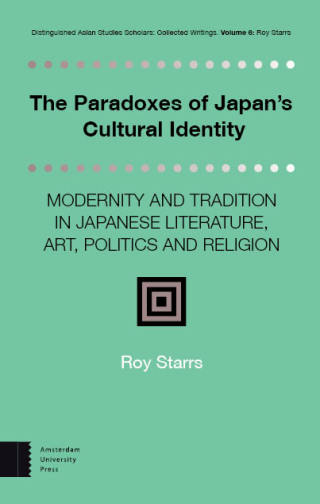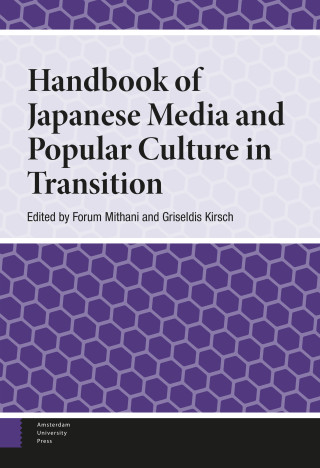Part 1: Expanding Genre and the Exploration of Gendered Writing
1. When Women Write History: Nogami Yaeko, Ariyoshi Sawako, and Nagai Michiko (Susan W. Furukawa)
2. Writing Within and Beyond Genre: Okura Teruko, Miyano Murako, Togawa Masako, Miyabe Miyuki, and Minato Kanae and Mystery Fiction (Quillon Arkenstone)
3. Feminist “Failed” Reproductive Futures in Speculative Fiction: Ohara Mariko, Murata Sayaka, and Ueda Sayuri (Kazue Harada)
Part 2: Owning the Classics 4. Tales of Ise Grows Up: Higuchi Ichiyo, Kurahashi Yumiko, and Kawakami Mieko (Emily Levine)
5. Japanese Women Writers and Folktales: Urashima Taro in the Literary Production of Oba Minako and Kurahashi Yumiko (Luciana Cardi)
6. Women and the Non-human Animal: Rewriting the Canine Classic—Tsushima Yuko, Ito Hiromi, Tawada Yoko, Matsuura Rieko, and Sakuraba Kazuki (Lucy Fraser)
Part 3: Sexual Trauma, Survival, and the Search for the Good Life
7. Writing Women and Sexuality: Tamura Toshiko and Sata Ineko (Michiko Suzuki)
8. Voicing Herstory’s Silence: Three Women Playwrights—Hasegawa Shigure, Ariyoshi Sawako, and Dakemoto Ayumi (Barbara Hartley)
9. Writing Women’s Happiness in the 1980s: Labor and Care in Kometani Foumiko, Hayashi Mariko and Yoshimoto Banana (Nozomi Uematsu)
10. Risky Business: Overcoming Traumatic Experiences in the Works of Kakuta Mitsuyo and Kanehara Hitomi (David S. Holloway)
Part 4: Food, Family, and the Feminist Appetite
11. Watching the Detectives: Writing as Feminist Praxis in Enchi Fumiko and Kurahashi Yumiko (Julia C. Bullock)
12. Food as Feminist Critique: Osaki Midori, Kanai Mieko, Ogawa Yoko (Hitomi Yoshio)
Part 5: Beyond the Patriarchal Family
13. “The Mommy Trap,”: Childless Women Write Motherhood—Kono Taeko, Takahashi Takako, and Murata Sayaka (Amanda C. Seaman)
14. Women and Queer Kinships: Matsuura Rieko, Fujino Chiya, and Murata Sayaka (Anna Specchio); Part 6: Age is Just a Number
15. Beyond Shojo Fantasy: Women Writers Writing Girlhood—Yoshiya Nobuko, Tanabe Seiko, and Hayashi Mariko (Hiromi Tsuchiya Dollase)
16. Writing the Aged Woman: Enchi Fumiko and Tanabe Seiko (Sohyun Chun)
17. Humor and Aging: Ogino Anna, Ito Hiromi, and Kanai Mieko (Tomoko Aoyama)
Part 7: Colonies, War, Aftermath
18. Women and War: Yosano Akiko and Hayashi Fumiko (Noriko J. Horiguchi)
.
19. Women and Colonies: Shanghai and Manchuria in the Autobiographical Writings of Hayashi Kyoko, Sawachi Hisae, and Miyao Tomiko (Lianying Shan)
20. Women and Aftermath: Koza as Topos in Literature from Okinawa—Toma Hiroko, Yoshida Sueko, and Sakiyama Tami (Davinder L. Bhowmik)
Part 8: Environment and Disaster
21. Writing Human Disaster: Hayashi Kyoko, Ishimure Michiko, and Kawakami Hiromi (Rachel DiNitto)
22. Teeming Up with Life: Reading the Environment in Ishimure Michiko, Hayashi Fumiko, and Osaki Midori (Jon L. Pitt)
Part 9: Crossing Borders: Writing Transnationally
23. Women and the Ethnic Body: Lee Jungja, Yu Miri, and Che Sil (Christina Yi)
24. Transnational Narratives and Travel Writing: Yoshimoto Banana, Takahashi Takako, and Yi Yangji (Pedro Thiago Ramos Basso)





